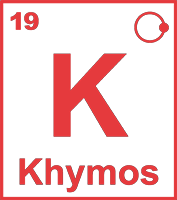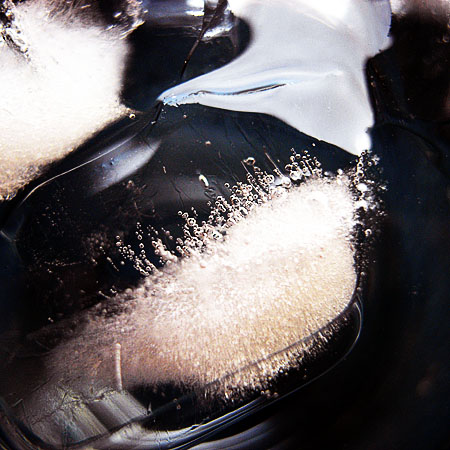
Wonders of extraction: Oil
Brazilian chiles in oil (very nice with Moqueca!) Oils and fats are long molecules which are mainly non-polar and hence the opposite of water which is a polar molecule. Ethanol which has both a polar and a non-polar end falls…









